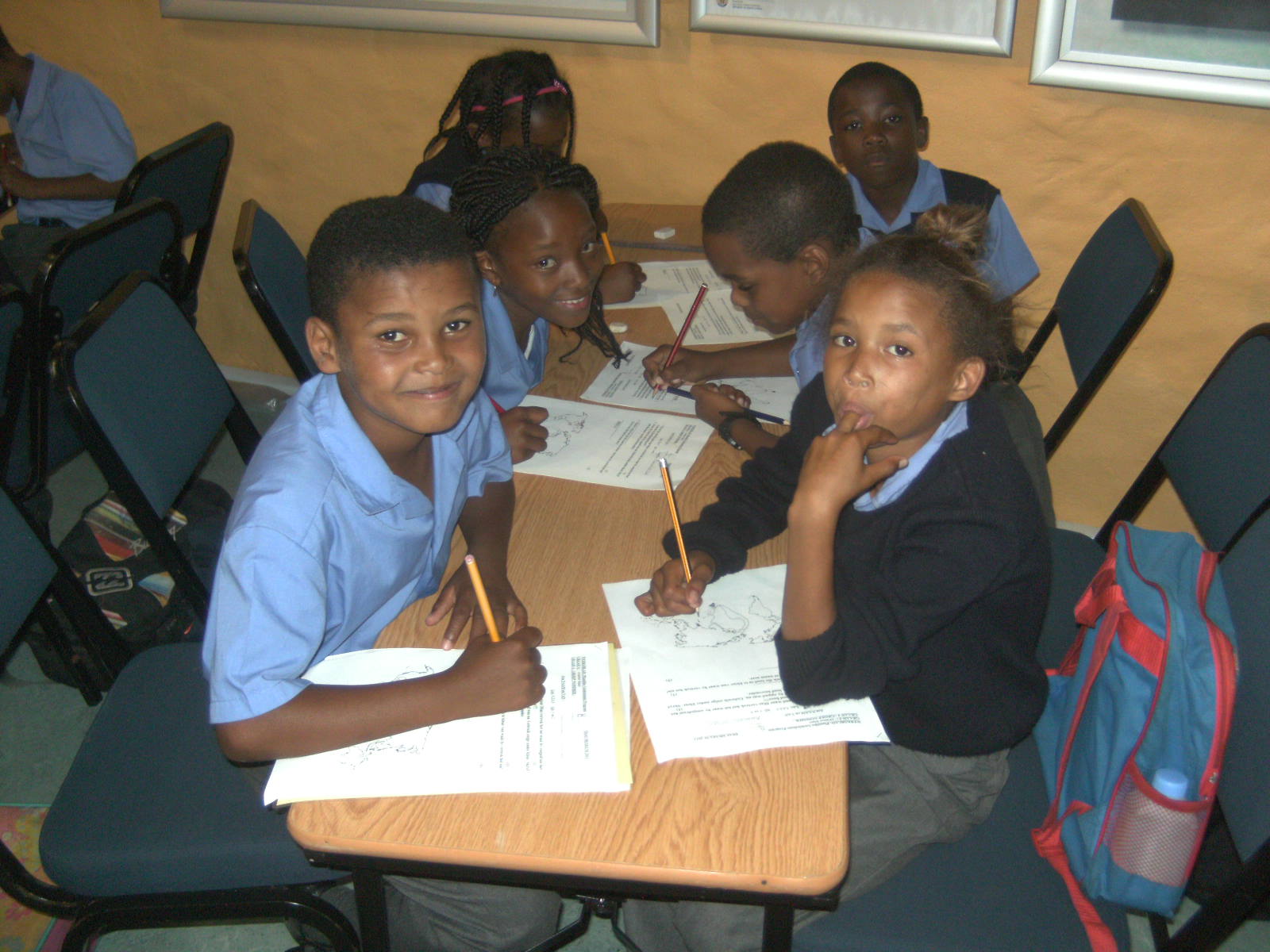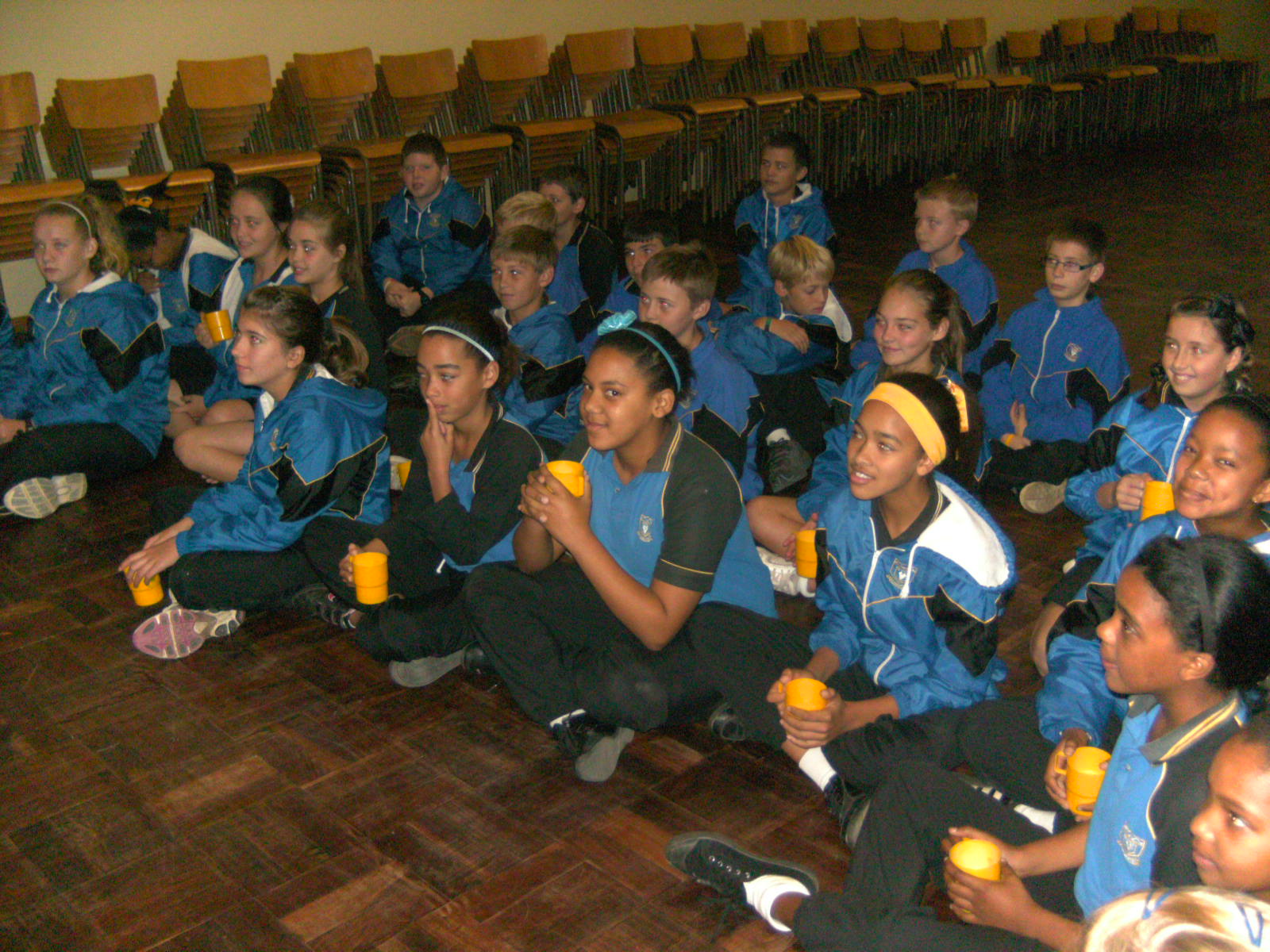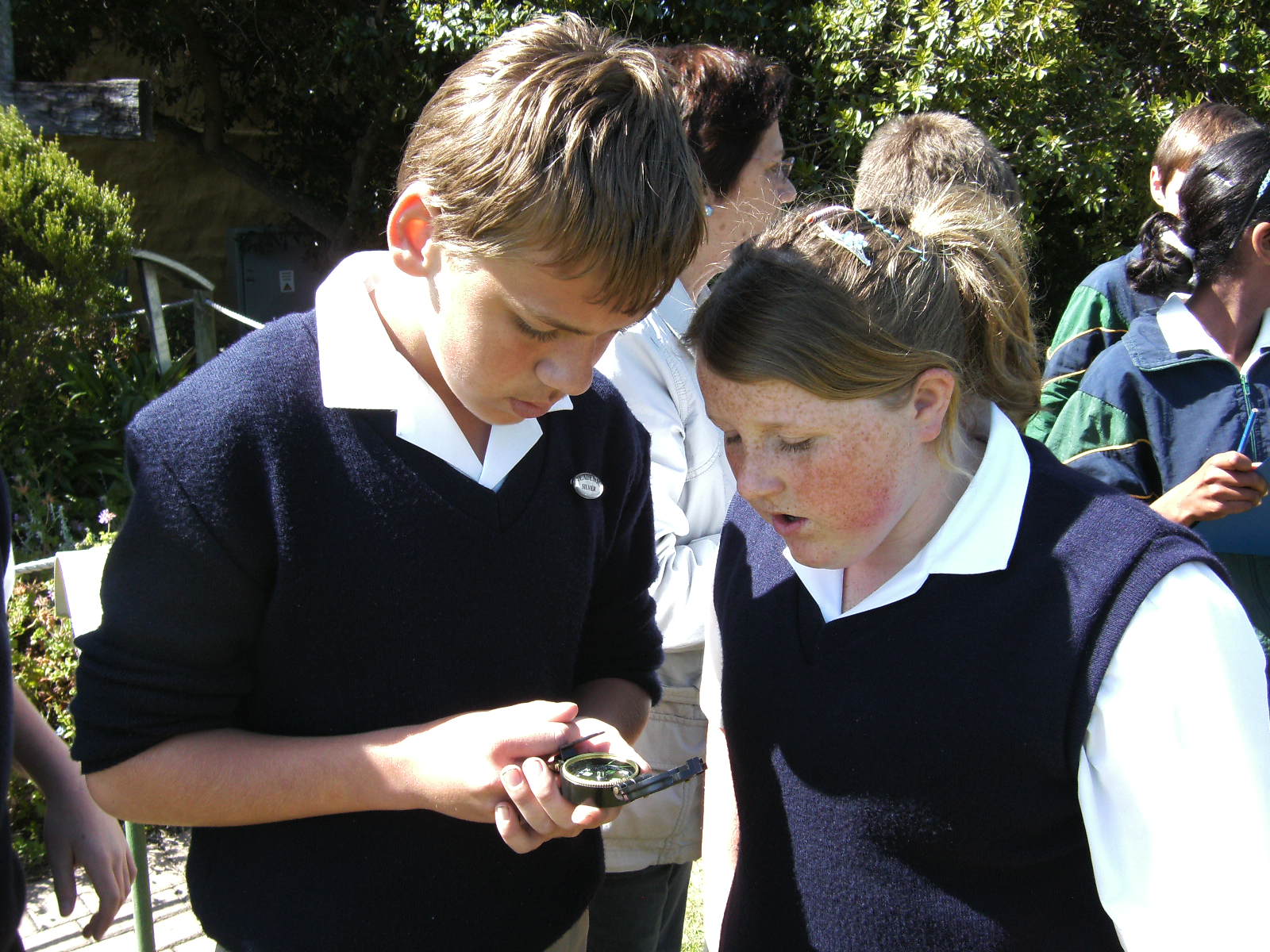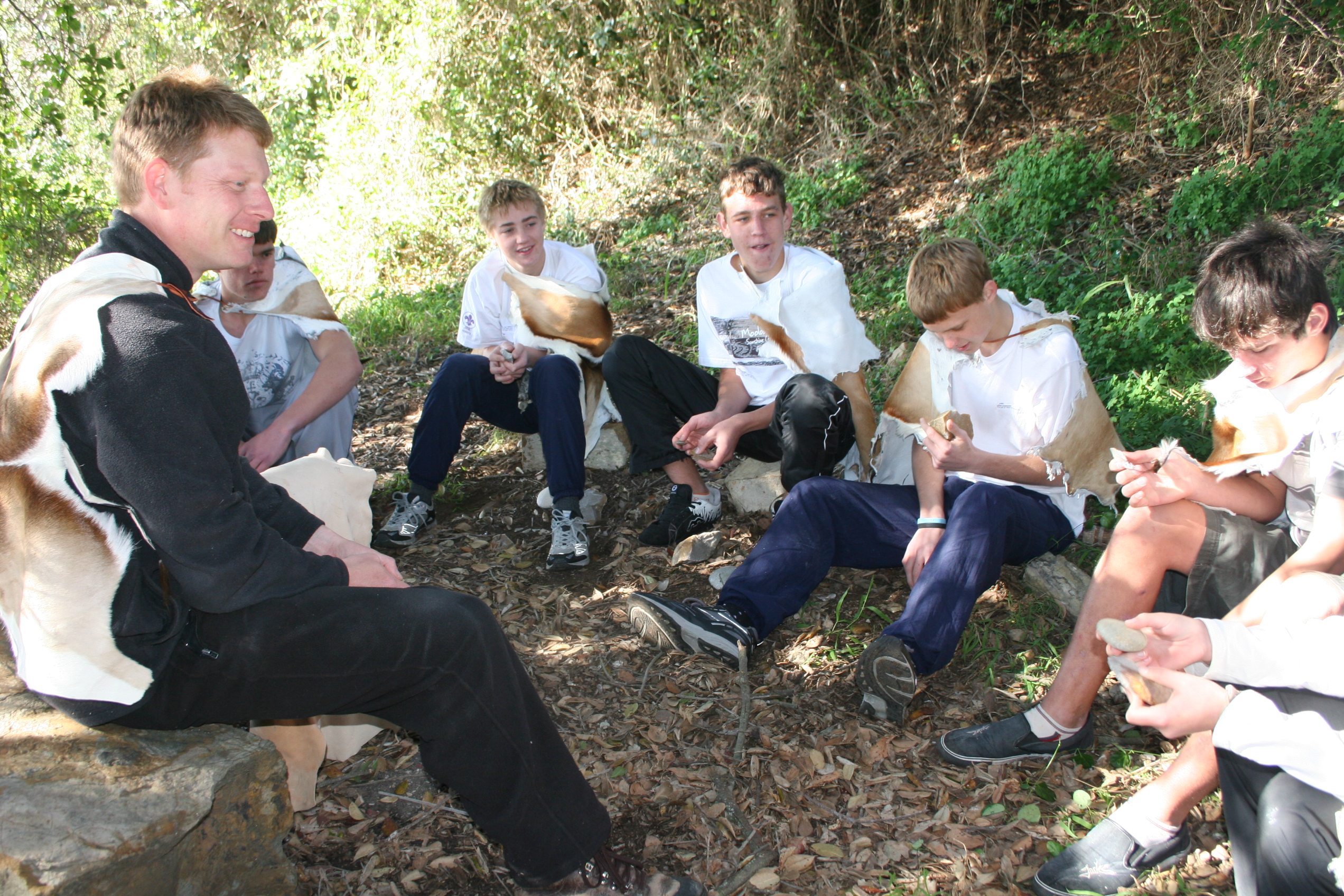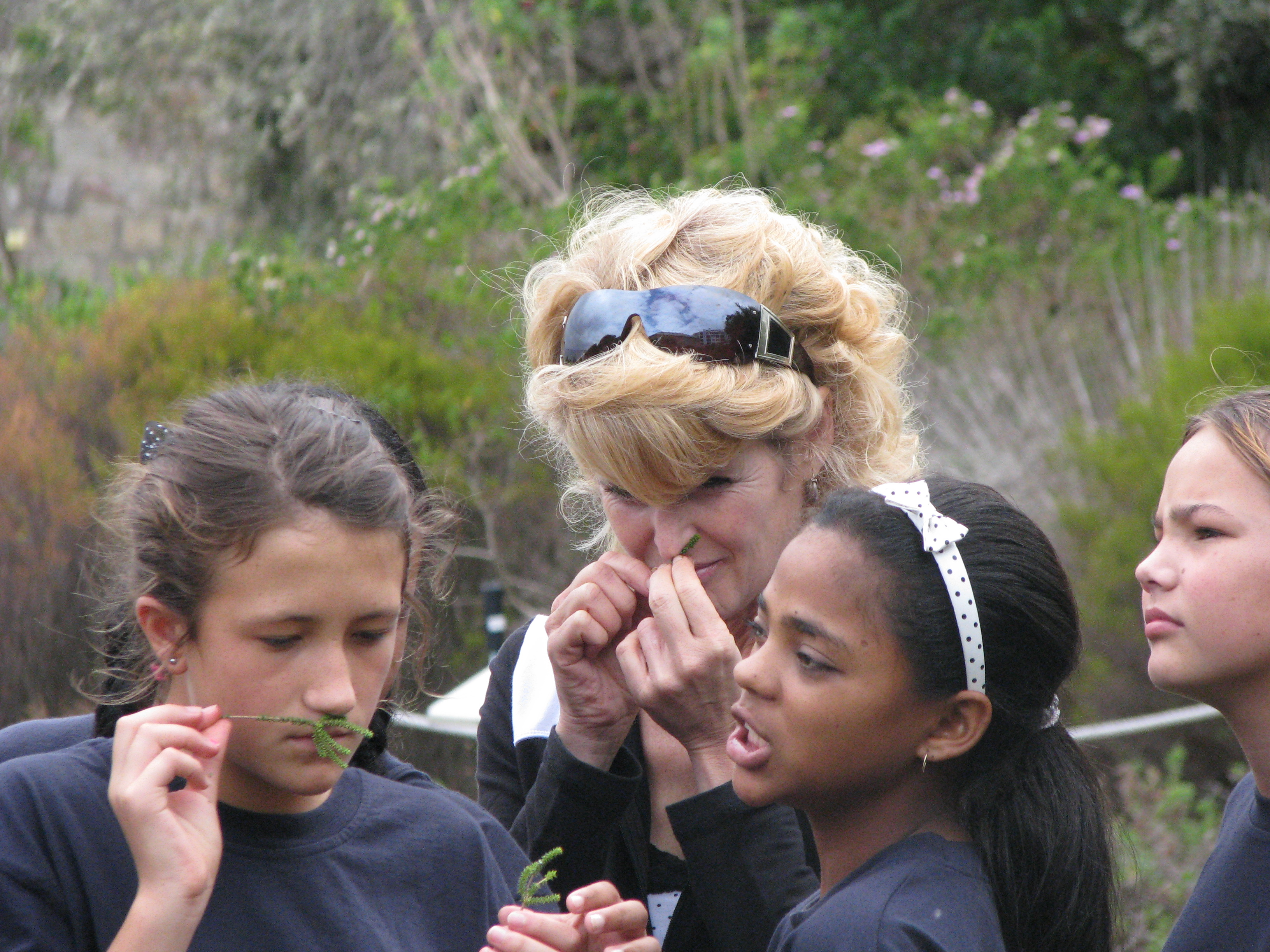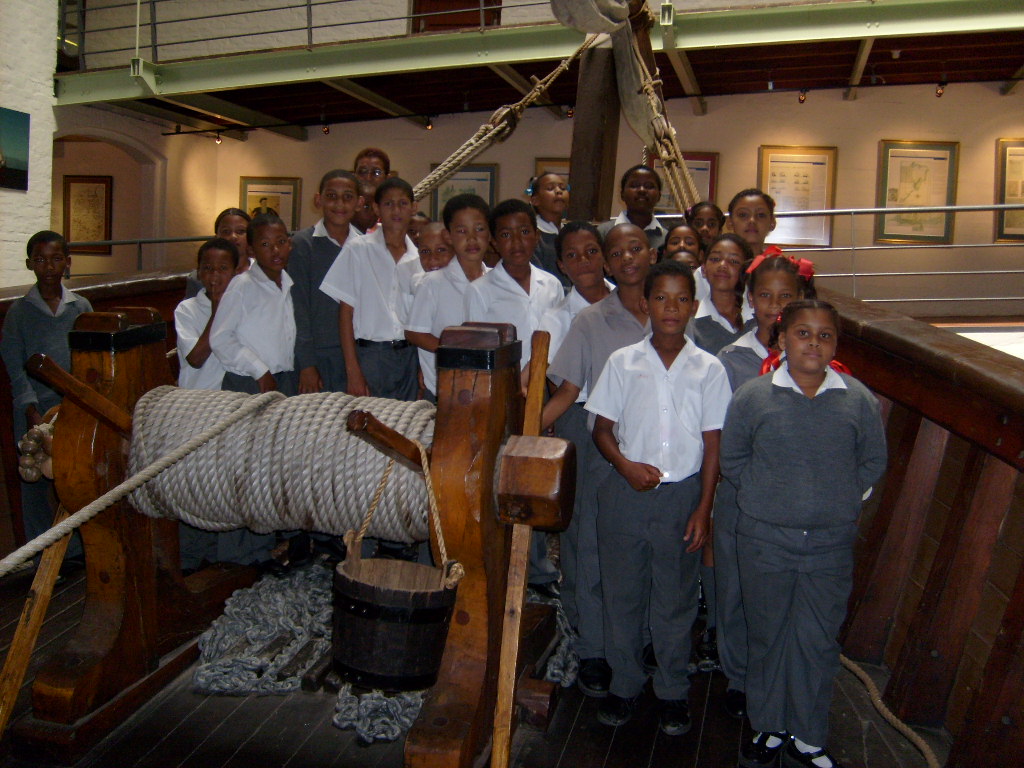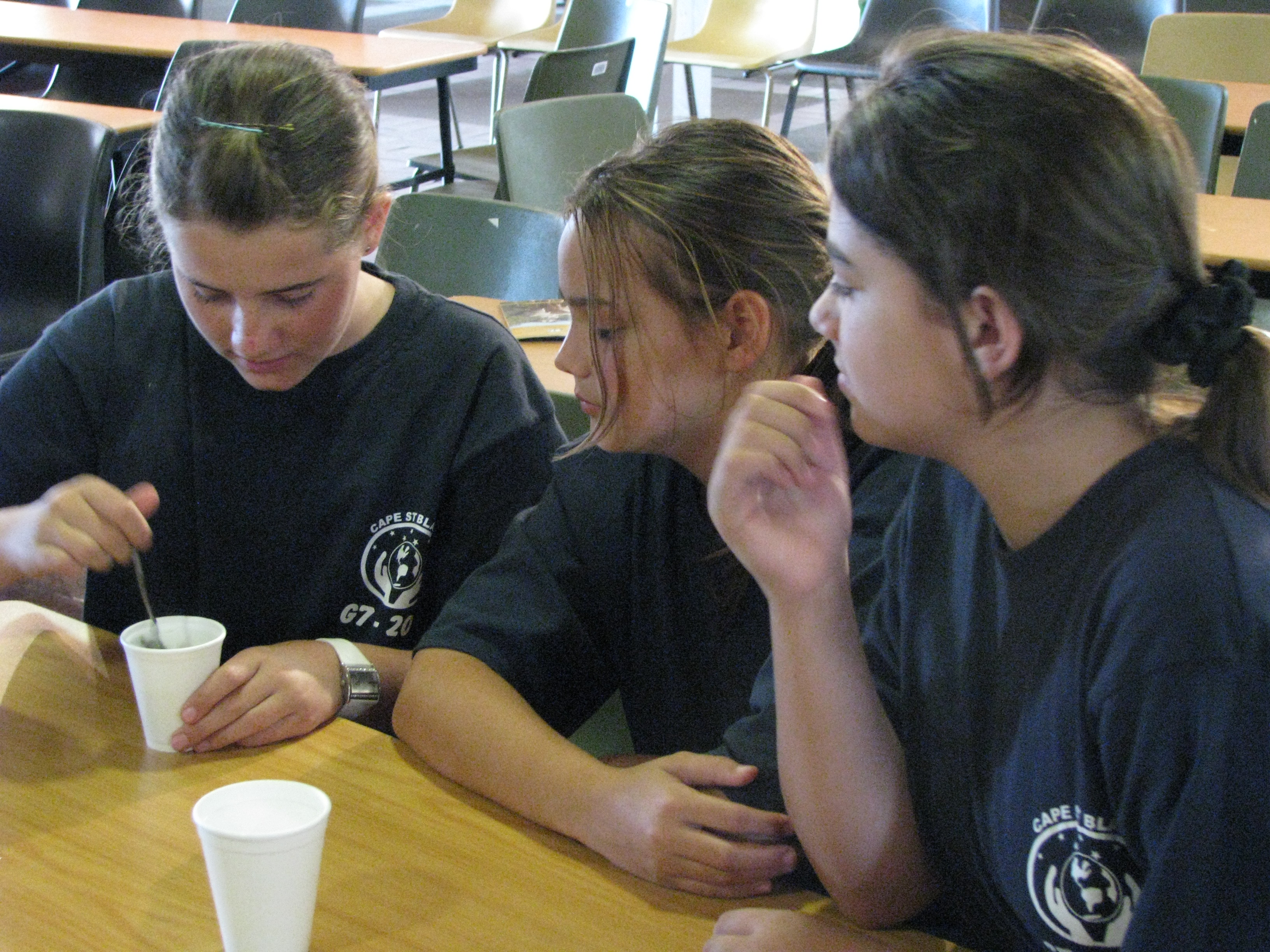
Museum Service: Educational Programmes available at DCAS affiliated museums in the Western Cape
(Department of Cultural Affairs & Sport, Western Cape Government)
The Museum Service of the Western Cape Department of Cultural Affairs and Sport (DCAS) aims to promote respect for cultural diversity in South Africa and an appreciation of our natural heritage. All our affiliated museums (Provincial, Province-aided and local museums) focus on building an understanding and taking pride in our diverse heritage.
We offer interesting and creative educational programmes that are in line with the Revised National Curriculum Statement (RNCS.) We aim to enhance the classroom experience by using the historical venues and artifacts of the respective museum in our lessons. This unique experience can never be replicated in a school classroom.
The following programmes are available on request:
- The Early Maritime Explorers Museum Educational Programme is suitable for Grade 6 and 10 learners. It is a classroom presentation with a practical example of how life was on these ancient sailing boats during the age of exploration. The programme consists of a PowerPoint presentation and teachers’ pack with worksheets. This experience covers the learning area of Social Sciences: History/Geography and Languages.
- The National Symbols Museum Educational Programme is suitable for Grades R3, 4-6 learners. It is a classroom presentation of the South African National Symbols with a practical activity using the RSA flag. It consists of a PowerPoint presentation and teachers’ pack with worksheets. This experience covers the learning area of Social Sciences (History) Languages.
- The Fossil or Palaeontology Museum Educational Programme is suitable for Grade 5 and Grades 10-11 learners. It is a classroom presentation of how a fossil is formed and includes examples of real fossils to view or touch. This PowerPoint presentation includes a teachers’ pack with worksheets. This experience covers the learning area of Social Sciences: History, Languages and Natural Sciences.
- The History of Medicine Museum Educational Programme is suitable for Grade 6 learners. This classroom presentation is about the earliest traditional medicines to modern western medicine. It consists of a PowerPoint presentation and teacher’s pack. This experience covers the learning area of Social Sciences: History.
- The Traditional Medicinal Plants Educational Programme is suitable for Grade 6 and 10 learners. It is a classroom presentation about the earliest traditional plants that were used to make medicine as used by the San and Khoekhoen. It consists of a PowerPoint presentation and a teachers’ pack with worksheets. This experience covers the learning area of Social Sciences: History, Languages and Natural Sciences.
- The Toys Museum Educational Programme is suitable for Grade 1-3 learners. This classroom presentation also includes a PowerPoint presentation, teachers’ pack and worksheets. Learners then take it back to class for assessment. This experience covers the learning area of Life Skills.
- The Slavery Museum Educational Programme is suitable for Grade 7 learners. This classroom presentation has a PowerPoint presentation and a teachers’ pack with worksheets. This experience covers the learning area of Life Skills.
- The Local History Museum Educational Programme is suitable for Grade 4 learners. This PowerPoint presentation also includes a teacher’s pack with worksheets. This experience covers the learning area of Social Sciences: History and Languages.
These programmes are much in demand, so schools and interested parties need to book their selected programme well in advance by contacting their nearest museum. The contact details of our museums are available online.
How to book a Museum Educational Programme for your class:
- School educators should contact their local museum, specify the programme of their choice and book a suitable date.
- Schools should also obtain written permission from their local Western Cape Education Departmental district office.
- Learners should be reminded to bring their own writing utensils and notebooks along.
- Bookings are done on a first come, first served basis.
Please contact your local museum for any additional information or relevant enquiries.

